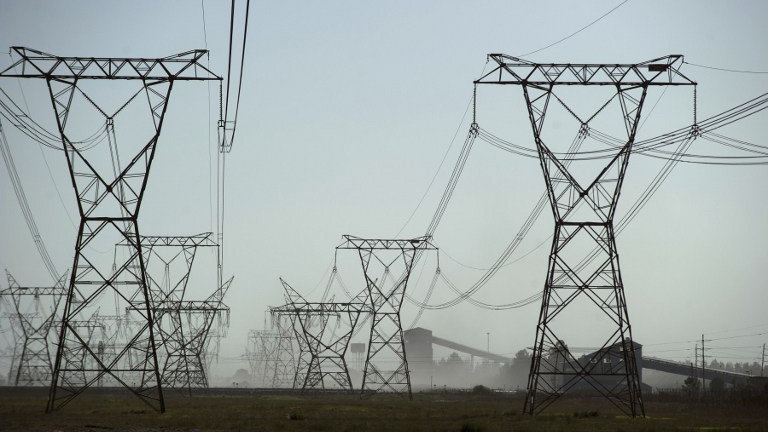Securing ringfenced revenue for the National Transmission Company South Africa (NTCSA) is considered a crucial first step in addressing the country’s staggering R390 billion ($21 billion) grid backlog. Industry experts highlight that without dedicated funding, efforts to modernize and expand South Africa’s power infrastructure will face significant hurdles.
The NTCSA, established to manage and operate South Africa’s transmission network, plays a vital role in ensuring a reliable and stable electricity supply. However, the current grid infrastructure is aging and struggling to meet the growing demand. The backlog has resulted in frequent power outages, which have disrupted businesses and daily life across the nation.
Eskom, the state-owned power utility, has been at the center of efforts to resolve the grid issues. Yet, financial constraints and operational challenges have hampered progress. Industry leaders argue that creating a ringfenced revenue stream for NTCSA would provide the financial stability needed to implement necessary upgrades and expansions.
Professor Anton Eberhard, an energy policy expert, stressed the importance of this move. “Securing dedicated funding for NTCSA is essential. It will enable the company to focus on long-term planning and investment without the constant worry of financial shortfalls,” he stated.
The proposed revenue model involves allocating a portion of electricity tariffs directly to NTCSA. This approach aims to ensure a steady flow of funds, allowing for continuous improvement of the grid. By doing so, NTCSA can prioritize critical projects, reduce the backlog, and improve overall grid reliability.
The South African government has expressed support for this initiative, recognizing the urgent need to modernize the country’s power infrastructure. Public Enterprises Minister Pravin Gordhan emphasized that a reliable electricity supply is crucial for economic growth and attracting foreign investment.
In addition to financial measures, regulatory reforms are also being considered. Streamlining approval processes for new projects and encouraging private sector participation are seen as pivotal steps towards accelerating grid development. The government is working closely with industry stakeholders to create a conducive environment for investment and innovation.
Despite the challenges, there are promising signs of progress. Several renewable energy projects are underway, aiming to diversify South Africa’s energy mix and reduce reliance on coal. These initiatives not only contribute to environmental sustainability but also alleviate pressure on the existing grid.
Local communities and businesses are also playing a role in addressing the grid issues. Collaborative efforts between municipalities, private companies, and non-governmental organizations are leading to innovative solutions and improved energy efficiency.
As South Africa moves forward with these plans, the focus remains on ensuring that the benefits of a modernized grid reach all citizens. Reliable electricity is not just a convenience but a necessity for education, healthcare, and overall quality of life.
The road ahead is challenging, but with committed efforts and strategic investments, South Africa can overcome its grid backlog. The collaboration between the government, industry, and communities will be key to achieving a stable and sustainable energy future.
Source: Engineering News



